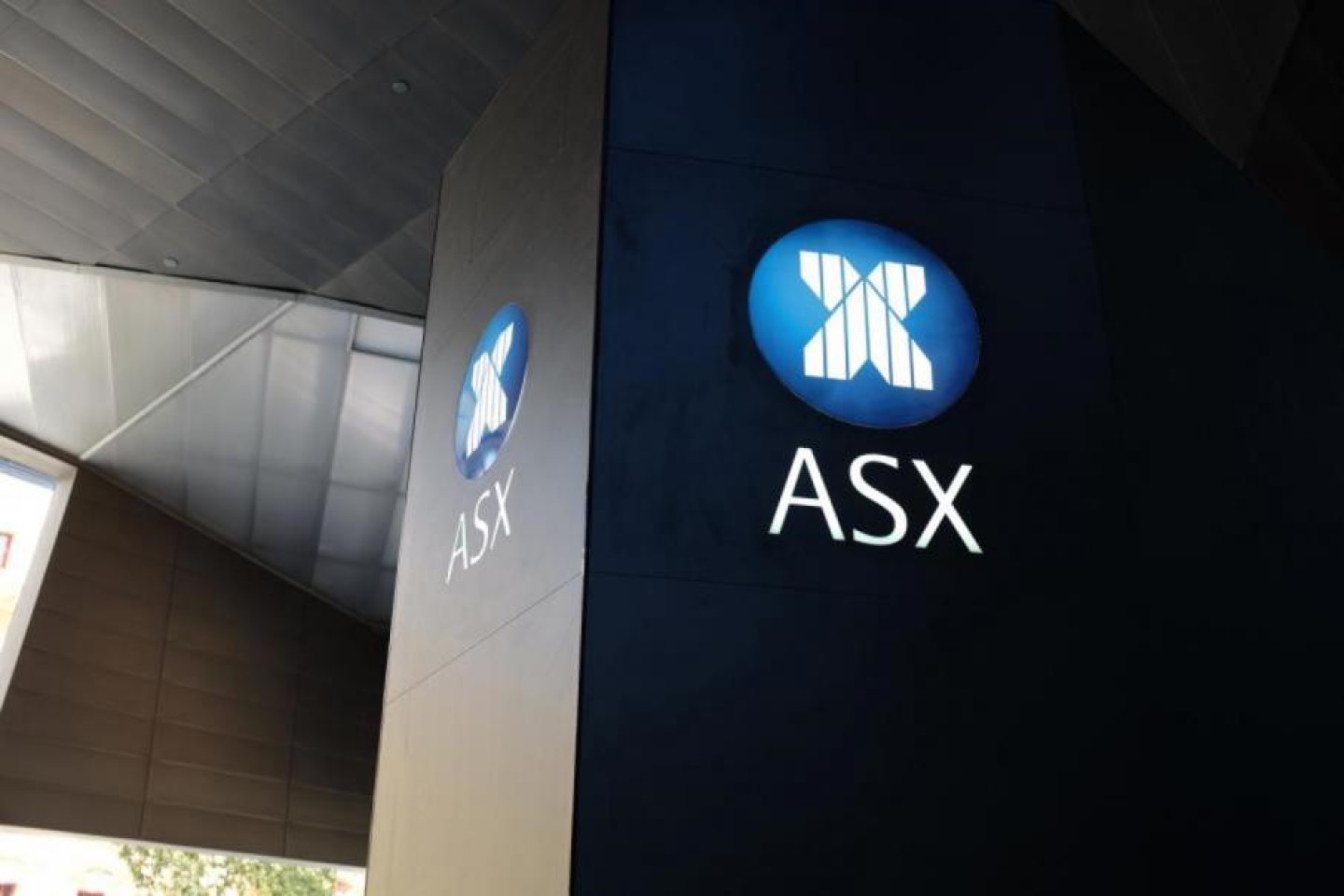
Iron ore miners have plunged and caused the steepest drop of the week for the Australian share market.
Fortescue Metals was the chief victim and lost more than 11 per cent after the price of the steel-making material fell as low as $US107 per tonne.
Rio Tinto lost more than four per cent, and BHP shed more than three per cent.
Chinese steel mills have ordered less ore since demand earlier this year drove the price to more than $US200 per tonne.
UBS analysts said a weak Chinese property market was lessening the need for more steel.
They said iron ore would trade for an average of $US89 per tonne next year.
UBS on Friday urged investors to sell Fortescue and Rio Tinto shares. They stayed neutral on the more diversified BHP.
Elsewhere on the Australian market, shares in energy and utilities had notable falls.
The benchmark S&P/ASX200 index closed lower by 56.5 points, or 0.76 per cent, to 7403.7.
The All Ordinaries closed down by 56.9 points, or 0.73 per cent, to 7702.9.
The market had a second consecutive week of losses as concerns continued that economic recovery has slowed due to the Delta coronavirus strain.
After 11 consecutive months of gains, the ASX200 is down 1.74 per cent in September.
Next week, the US Federal Open Market Committee’s discussions on monetary policy will dominate attention.
The Federal Reserve has said it may start winding back bond-buying this year as the economy gains strength.
Any winding back of economic stimulus would be a precursor to a rise in rates.
National Australia Bank economics director Tapas Strickland said he did not expect a decision until later in the year.
US markets were mostly lower overnight as rising US Treasury yields pressured big tech stocks. A rising US dollar weighed on exporters.
On the Australian market, shares in financial software vendor Iress crashed by 10.72 per cent to $12.08 after a potential takeover was scrapped.
EQT Funds Management proposed buying all shares for about $15.91 but decided not to proceed.
EQT said there were no red flags but it could not be sure about an investment.
Energy providers had considerable falls. Beach fell by more than three per cent. Oil Search and Santos lost more than one per cent.
Among the big four banks, NAB had the steepest loss and shed 1.1 per cent to $27.89. The Commonwealth was best and was little changed at $102.88.
Technology was the best performing category and higher by more than two per cent.
Afterpay had its best day on the market since August 6. Shares were up 3.92 per cent to $128.38.
Air New Zealand borrowed more money as lockdowns continue to weigh on finances.
The carrier has borrowed a total of $NZ435 million ($A422 million) from the government.
The national lockdown and suspension of quarantine-free travel between Australia and New Zealand is costing the airline at least $NZ65 million ($A63 million) per month.
Shares closed even at $1.50.
Engineering group CIMIC will reap $265 million by providing Western Sydney Airport with pavement.
The company’s subsidiary, CPB Contractors, won a contract for the project by partnering with Acciona.
Shares were lower by 2.26 per cent to $19.92.
The Australian dollar was buying 73.13 US cents at 1720 AEST, lower than 73.20 US cents at Thursday’s close.
ON THE ASX
* The benchmark S&P/ASX200 index closed lower by 56.5 points, or 0.76 per cent, to 7403.7 on Friday.
* The All Ordinaries closed down by 56.9 points, or 0.73 per cent, to 7702.9.
* At 1720 AEST, the SPI200 futures index was up five points, or 0.07 per cent, at 7375 points.
CURRENCY SNAPSHOT
One Australian dollar buys:
* 73.13 US cents, from 73.20 cents on Thursday
* 80.31 Japanese yen, from 80.07 yen
* 62.07 Euro cents, from 62.10 cents
* 52.00 British pence, from 52.93 pence
* 103.31 NZ cents, from 102.90 cents.








